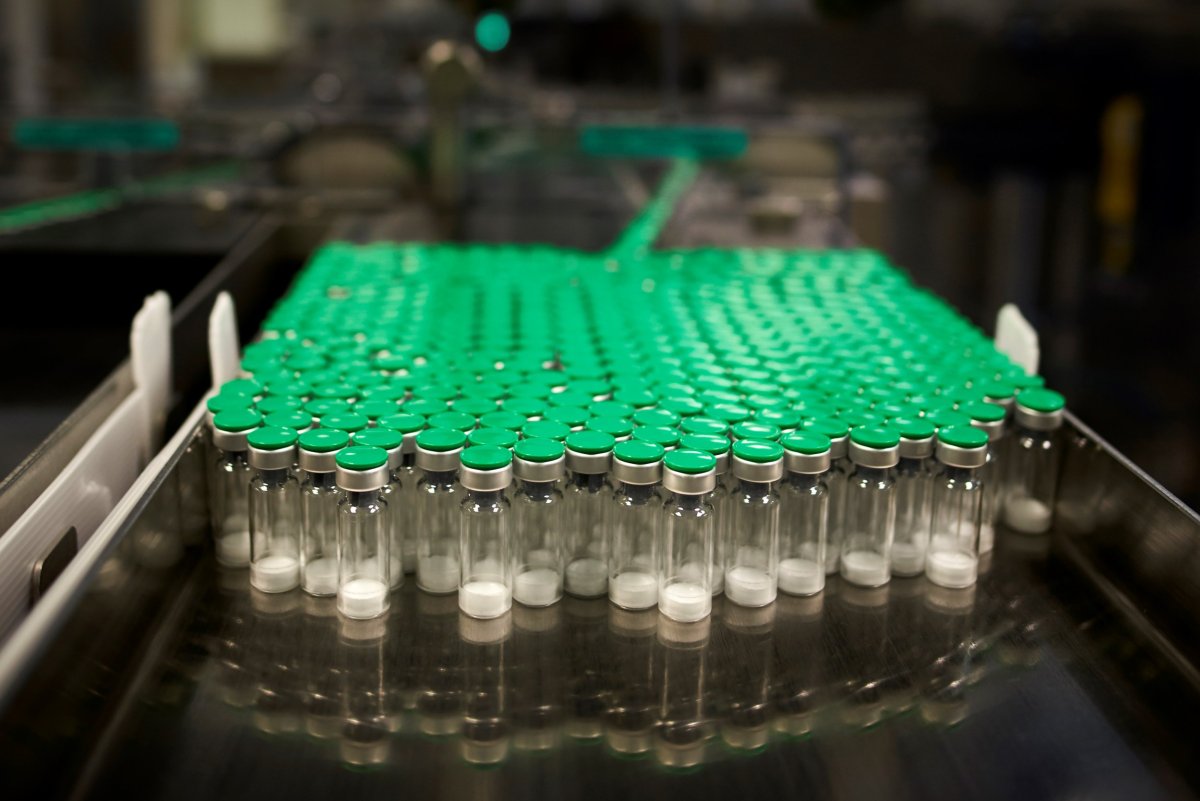A team of scientists wants to synthesize human cells that are impervious to viruses. Although their project is still in the planning stages, past research on bacteria suggests this ambitious goal is possible. If they succeed, the outcome could help make drug and vaccine production safer.
In a new article published in Nature, scientists involved in Project Recode announced their plan to recode the human genome in order to synthesize a human cell that is immune to viruses. This new plan is a shift from Genome Project-Write, whose goal was to rewrite the entire human genome, Gizmodo reported. Unfortunately, the original project was not able to acquire the $100 million required to do this and needed to be downsized to a more attainable goal. Still, recoding the genome to create a virus-resistant human cell is no small feat.

To create a virus-free cell, the scientists plan to target codons in our DNA. These are nucleotides, the basic structural unit of DNA, which control the assembly of proteins. The project theorizes that eliminating redundant codons will stop viruses from using these codons to assemble their own proteins, thus making the cell virus-resistant, Gizmodo reported. Although this was accomplished in experiments on bacteria, humans are far more complex and therefore will be a more difficult project to complete. Still, the team is hopeful it will achieve the desired results.
Related: 'Ambitious' Earth biogenome project will seek to sequence DNA of all complex life on Earth
"The idea is to develop the technologies to do this very quickly and easily using a variety of gene-editing and synthesis techniques," said Harris Wang, a synthetic biologist at New York's Columbia University Medical Center, Nature reported. He is also a member of GP-write's scientific executive committee.
The project would supply scientists with a virus-free human cell line, a cell culture that can multiply into more cells. Although the ultimate goal is simply to recode DNA, not create a particular product, if completed, this achievement would open the door for numerous health advancements.
Related: Evolution could soon protect humans from alcoholism
Cell cultures are used to create medications and vaccines, but unlike other types of contamination, such as bacterial contamination, viral contamination of cell cultures is difficult to detect. This poses contamination risk.
A virus-free human cell line would allow scientists to produce medications and vaccines without the risk of viral contamination or the risk of a person's immune system rejecting new drugs. In addition, the researchers believe that if they create a cell line that is resistant to viruses, they can use this technique to make DNA resistant to prions, which are proteins associated with neurodegenerative diseases, and even to cancer, Gizmodo reported.
Uncommon Knowledge
Newsweek is committed to challenging conventional wisdom and finding connections in the search for common ground.
Newsweek is committed to challenging conventional wisdom and finding connections in the search for common ground.
About the writer
To read how Newsweek uses AI as a newsroom tool, Click here.








